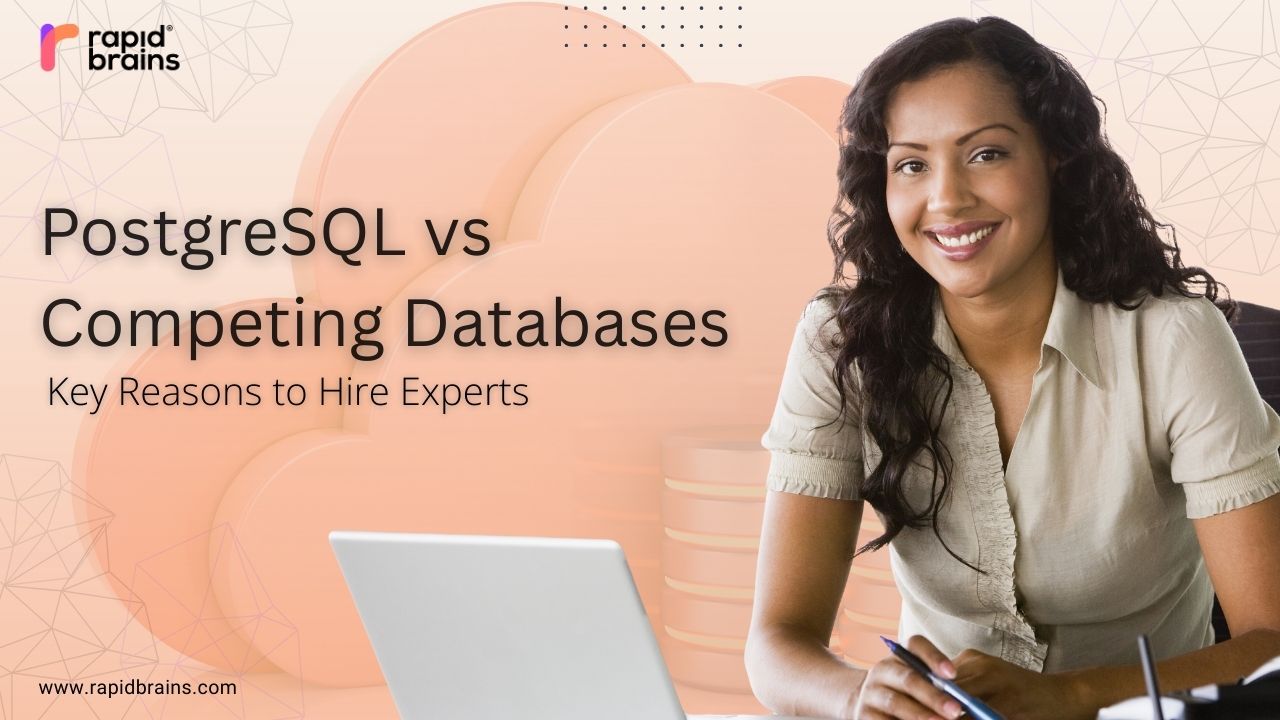
In today’s ever-evolving digital world, companies depend on the best CMS platforms to fuel scalable and efficient web development. Becoming operationally efficient and successful in the long run demands using the right CMS for website development, whether you’re a startup looking to create an explosive growth plan or an enterprise dealing with huge amounts of content. A developer-friendly and flexible CMS ensures efficient workflows and rapid deployment cycles, especially in collaboration with offshore development teams.
Why the best CMS platforms are important to choose
A CMS for website development is the digital backbone of your online company, rather than a content publication tool. It influences your website’s scalability, adaptability, and performance directly. Selecting the right platform is now imperative because of increased requests for tailored digital experiences.
A reliable CMS for developers allows real-time collaboration, handles advanced APIs, and simplifies content integration, particularly for developers managing remote development teams. An incorrect choice can result in barriers such as poor extensibility and performance constraints.
Key Features of the Best CMS Platforms
The best CMS platforms are characterised by offering a combination of flexibility, developer friendliness, and performance. They must be able to handle large-scale content operations, traffic bursts, and integration with modern development tools and methodologies.
The most critical features to look for are:
- Scalability: Without compromising on functionality, the CMS should be able to manage increasing user bases, traffic, and content.
- Security: To protect against weakness, it must have encryption, role-based access control, and regular updates.
- Developer Support: Git and CLI integration, modular codebase, and robust API access are all characteristics of a real CMS for developers.
- Multilingual and multisite functionality: They are ideal for global firms and efficient collaboration with development teams outside the country.
- Performance optimisation and SEO: Plugin ecosystems or integrated tools that enhance page loading and rank.
As your business grows, these capabilities ensure that a CMS can support teams of varying skill sets and enable the optimal management of content operations.
Top 5 Best CMS Platforms for Modern Development Needs
Summary of description of top-notch CMS platforms that offer strong development tools, scalability, and high performance. Such platforms are ideal for use in particular by teams who wish to deliver reliable digital experiences on the web and mobile, for example, offshore development teams.
1. WordPress
Due to its unmatched plugin ecosystem and user-friendliness, WordPress is still among the best CMS platforms. It’s highly versatile, from simple blogs to complex eCommerce installations. It is well-suited to a wide range of use cases. It is an excellent choice for offshore development team projects as it allows for REST APIs for headless development and works well in distributed environments.
2. Drupal
For developers needing high-level control over roles, permissions, and content models, Drupal is an incredibly powerful CMS. Large organisations and multilingual sites are particularly suited for this highly familiar scalability and security option. Although with a steeper learning curve, its modular API-heavy design enables effortless cooperation with offshore development teams and excels admirably in enterprise environments.
3. Contentful
A modern headless CMS built with an API-first approach is named Contentful. It is suitable for developers building multi-platform experiences as it separates content and design. It offers cloud scalability for growing businesses and integrates seamlessly with frontend frameworks like React or Angular. Contentful enables remote companies and those working with offshore development teams to create flexible workflows and deliver content uniformly across channels.
4. Strapi
Strapi is an open-source Node.js. Based on CMS for developers. It has support for both GraphQL and REST APIs as well as complete backend control. Its new architecture, extensibility, and friendly admin interface are appreciated by developers. Startups and technology companies that need rapid, API-based development and want to maintain full control over their CMS setup will love it, particularly while working with agile offshore development teams.
5. Joomla
A mid-level CMS, Joomla, is less complicated to use than Drupal but more organised than WordPress. It boasts a vibrant extension community, strong access control, and integrated multilingual features. Suitable for businesses that want to build portals, community sites, or custom web applications without relying much on plugins, Joomla is a viable choice. It is an adaptable CMS for website development that provides developers with the liberty they need while remaining accessible to content editors.
Conclusion
The best CMS platforms help you develop, evolve, and grow with time, as well as aid in launching websites. While helping business users manage content effectively, a fine CMS for developers ensures flexibility, control, as well as extensibility. This becomes increasingly important in distributed or hybrid environments, especially when working with offshore development teams.
There are a variety of capable CMS options out there, from WordPress and Drupal to headless ones such as Contentful and Strapi. The trick is to choose the best CMS for web development that aligns with your development workflow, supports your business strategy, and scales alongside your growth.




